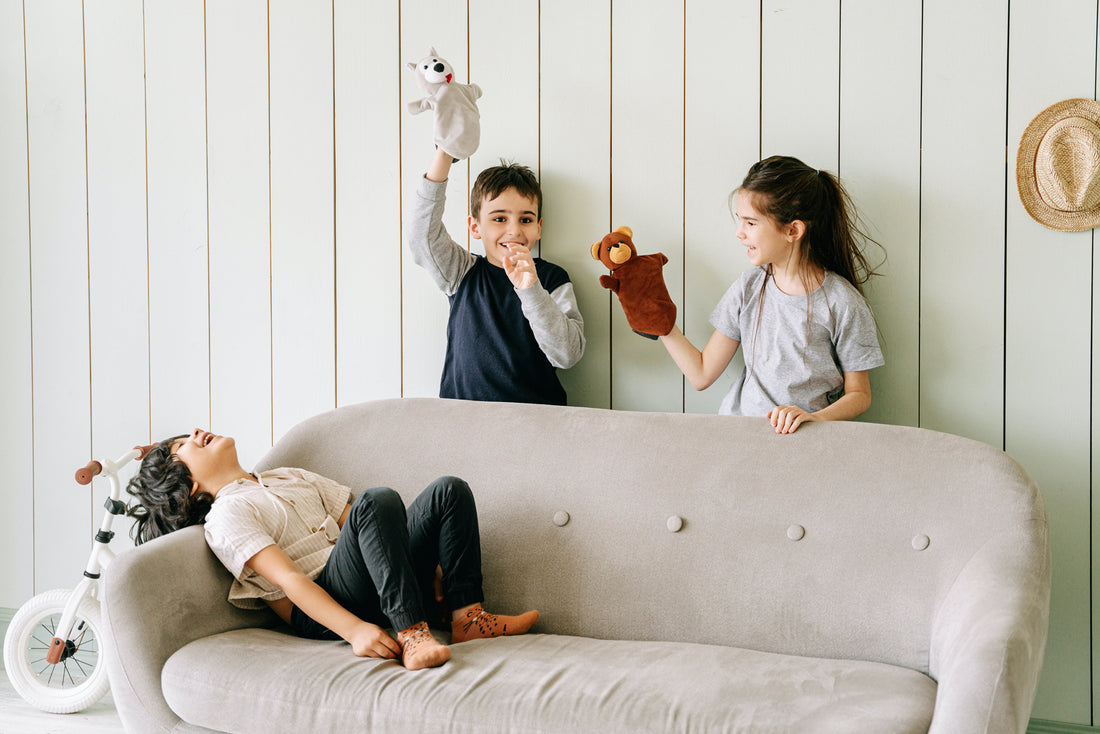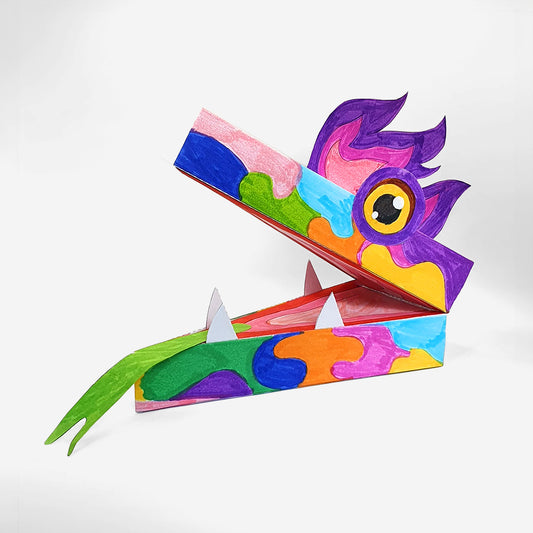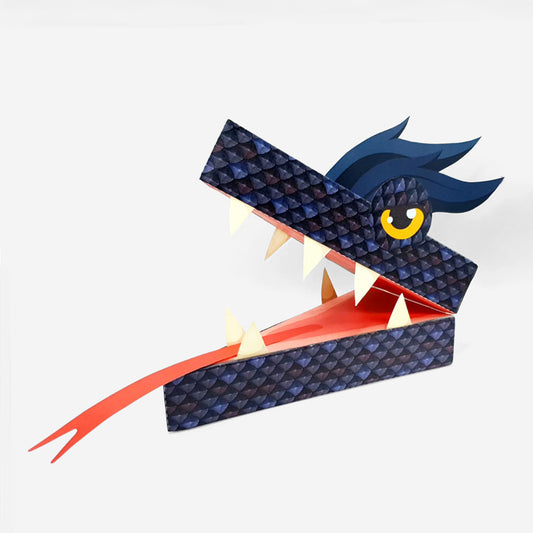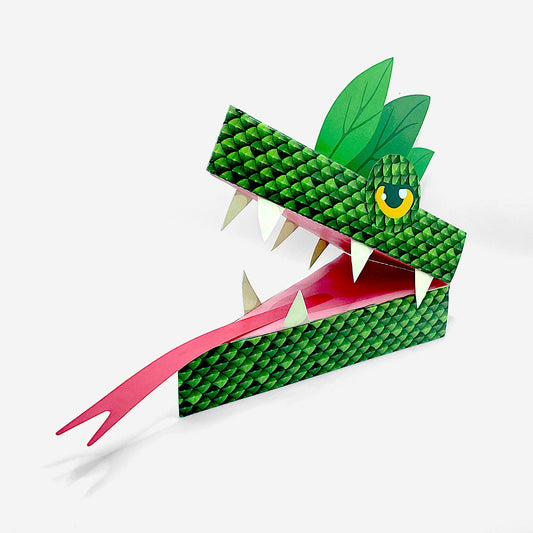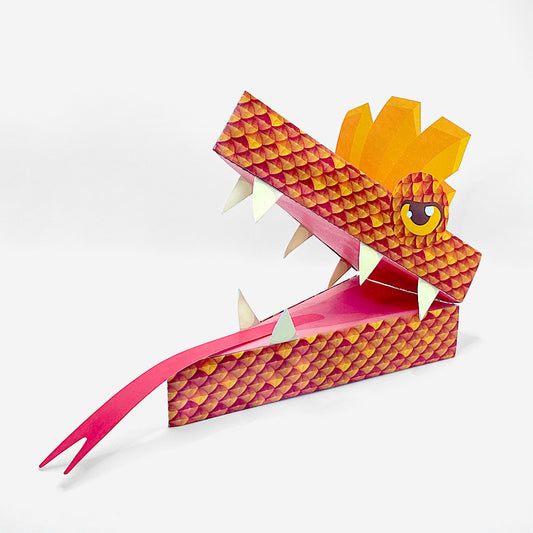In the bustling world of parenting, where schedules are tight and screens often beckon, it's easy to overlook the transformative power of traditional play. However, the age-old art of puppetry and role play holds a key to unlocking a world of developmental benefits for your child's growing brain. Let's delve into the enchanting realm of make-believe and discover why puppet and role play are more than just amusing pastimes—they are crucial building blocks for cognitive and emotional growth.
1. Language Development: The Puppetry Parley
Engaging in puppet play is like orchestrating a miniature theatre production, with your child as the star. Through the dialogue and narratives created during puppet play, children enhance their language skills. They learn new words, practice sentence construction, and refine their communication abilities. Puppetry provides a safe and entertaining space for kids to experiment with language, fostering the development of vocabulary and linguistic confidence.
2. Social and Emotional Learning: The Role Play Rendezvous
Role play is a natural conductor of empathy and emotional intelligence. When children step into different roles through imaginative play, they learn to understand perspectives other than their own. Whether playing the hero, the villain, or the trusted sidekick, children explore a range of emotions, helping them build a foundation for self-awareness and empathy towards others.
3. Cognitive Skills: Puppetry's Cognitive Choreography
The coordination required to manipulate a puppet, control its movements, and voice its character stimulates cognitive development. Children flex their fine motor skills and hand-eye coordination, honing these essential abilities in a way that feels like pure play. The brain, in orchestrating these movements, is also laying the groundwork for more complex cognitive functions, including problem-solving and spatial awareness.
4. Creativity Unleashed: Puppetry's Artistic Canvas
Puppetry is a canvas for creativity, allowing children to bring their wildest fantasies to life. Whether they're imagining dragons, fairies, or talking animals, puppet play encourages creative thinking and original storytelling. This form of expression nurtures innovation and an appreciation for the boundless possibilities of the imagination.
5. Confidence Building: Puppetry's Stage of Self-Expression
Stepping into the shoes (or paws, wings, or fins) of a puppet character empowers children to express themselves freely. As they create and control their puppet personas, children gain a sense of mastery and control, contributing to increased confidence and a positive self-image.
Embrace the Puppet Parade! In a world where childhood is increasingly digitised, the simple joys of puppetry and role play offer a counterbalance that nurtures holistic development. So, gather the puppets, set the stage, and join your child in a world of make-believe. The benefits extend far beyond the immediate entertainment—each puppet performance becomes a stepping stone in your child's journey towards a richer, more well-rounded future.

